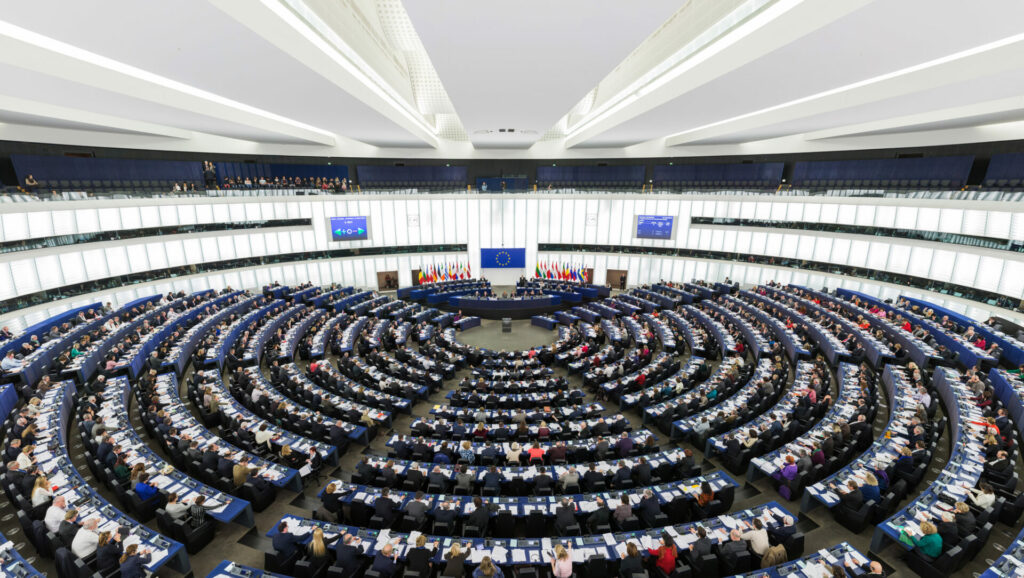A bill imposing due diligence on EU companies over environmental and rights abuses in their production chains passed a key stage in the European Parliament on Tuesday.
The legislative body’s Legal Affairs Committee voted to recommend widening the scope of a text proposed in February 2022 by the European Commission that obliges companies to correct shortcomings for which they are responsible, including via their subsidiaries and subcontractors abroad.
This includes human and social rights violations, such as child labour, forced labour, abusive expropriations and building safety, and environmental damage, including deforestation and pollution.
Text still needs approval by the European Parliament
The vote came 10 years after the Rana Plaza collapse, the April 2013 tragedy in which over 1,100 people died when an eight-storey textile factory collapsed in Bangladesh, highlighting the lack of controls on working conditions in third countries.
The Committee’s proposal will have to be confirmed by the full Parliament before negotiations with Member States to finalise the text.
The Committee is calling for the due diligence obligation to be imposed on EU companies with more than 250 employees and a turnover of over €40 million, whereas the Commission had proposed applying it first only to groups with at least 500 employees.
Legislators want financial firms included
The legislators also want to extend the rules to financial firms, parent companies with more than 500 employees, as well as third-country businesses with a turnover of more than €150 million, provided that €40 million is generated within the EU.
These new obligations would apply after three or four years, depending on the size and revenue of the company. The fines incurred would be at least 5% of global net turnover.
“The Parliament has been careful to include all large companies, including financial institutions (…) and wanted to strengthen the sanctions to make them dissuasive and effective in terms of redress for victims,” Socialist MEP Pascal Durand explained.
Green MEP Marie Toussaint deplored, however, that “the text remains vague on setting absolute emission-reduction targets” and that the financial sector is only “partially integrated,” with a separate, “lighter” regime for institutional investors and asset managers.
Tough negotiations ahead
Also, “the responsibility for proving non-compliance with the due diligence remains in the hands of victims and citizens,” and involves “often arduous and costly investigations,” she noted.
Negotiations between MEPs and States are shaping up to be complicated: the EU-27, which agreed on their position in December, want to limit the scope of companies covered and appear very reluctant on the inclusion of the financial sector.
They are also divided on the sharing of responsibilities between principals and subcontractors.

